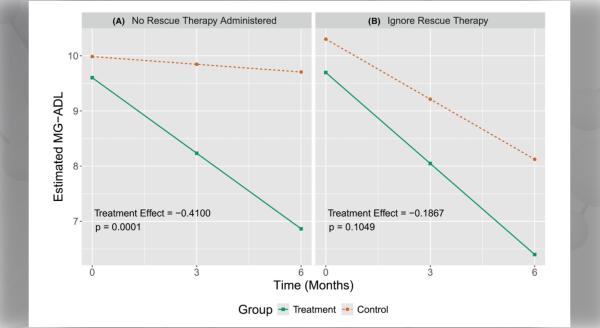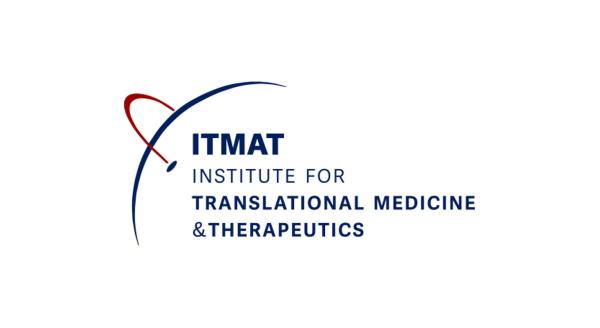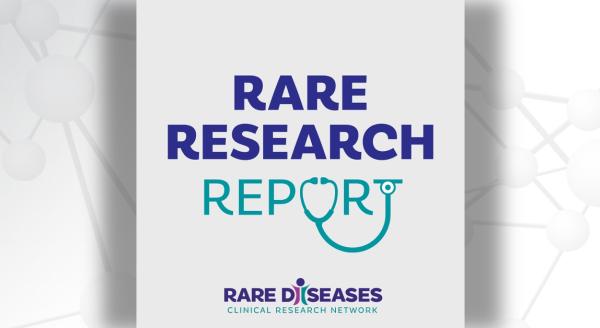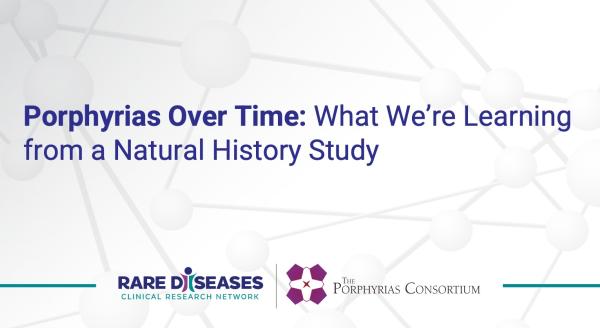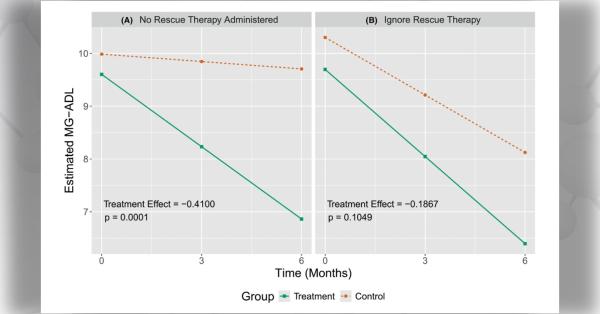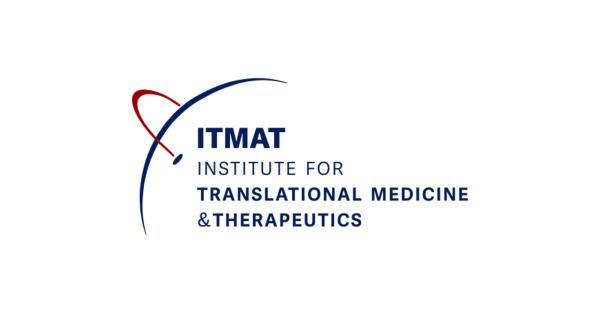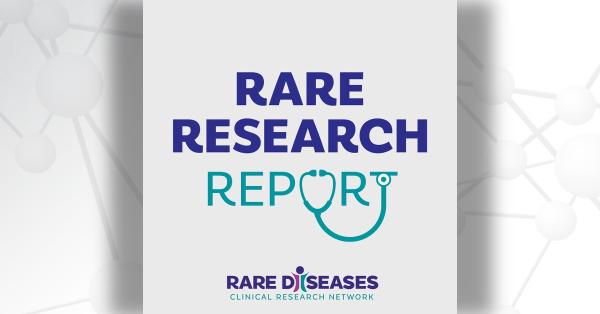A message from Eileen King, PhD, FASA, co-principal investigator with the Rare Diseases Clinical Research Network’s Data Management and Coordinating Center. King is a professor in the Division of Biostatistics and Epidemiology at Cincinnati Children’s Hospital Medical Center and in the Division of Pediatrics at the University of Cincinnati College of Medicine.
Welcome to the latest issue of the Rare Diseases Clinical Research Network’s Spotlight Newsletter! We hope this issue gives you a good feel for the depth and breadth of activities underway across the network.
February is a busy time for the rare disease community around the world as we ramp up to Rare Disease Day at the end of the month. Please mark your calendars and plan to visit with us (virtually) at Rare Disease Day at NIH on March 1.
In this issue of our Spotlight Newsletter, we are highlighting RDCRN initiatives to address the COVID-19 pandemic along with some new research recently published by our consortia. We put the spotlight on a new consortium, a scientist, and a patient advocate, all working on behalf of the rare disease community every day. Patients are also key to our work, and we’ve caught up with a few of the winners of last year’s Rare Diseases Are Not Rare! 2020 Challenge to talk about what inspired them to participate.
In this article, I’m highlighting the role of the Data Management and Coordinating Center (DMCC) in the network and some of the initiatives we have underway to help the many RDCRN participants “get to work” on speeding diagnosis and developing new treatments for people with rare diseases.
Spotlight on the Data Management and Coordinating Center
The Rare Diseases Clinical Research Network (RDCRN) is comprised of 20 consortia or research groups, each of which focuses on at least three related rare diseases. During the current (fourth) funding cycle that began summer 2019, each consortium committed to conduct at least three clinical research studies, with one of the studies focusing on understanding the natural history of the rare disease.
A team of experts based at Cincinnati Children’s Hospital Medical Center also joined the RDCRN for this new funding cycle as the network’s new DMCC. In this role, we facilitate and support the activities of the research consortia along with trans-network activities that enable the advancement of rare disease research.
Our vision as the DMCC is to serve as a trusted partner of the research consortia to increase knowledge, accelerate discovery, and bring new treatment options to trial, pursuing the shared goal of improving the health and wellness of rare disease patients and their families. The DMCC is structured into four cores: Administrative, Clinical Research, Data Management, and Engagement and Dissemination.
The four cores of the DMCC are highly committed to working in close partnership with the research consortia and NIH to reduce the time to diagnosis and to speed the discovery of new treatments for patients with rare diseases.
Administrative Core: Network-Wide Governance, Communication, and Collaboration
Key to the success of a network is transparent governance, open communication, and effective collaboration. As one of its key activities, the Administrative Core of the DMCC facilitates and actively participates in several RDCRN committees. We have rolled out a robust new committee structure for the new funding cycle.
Governance and decision making for trans-network policies and procedures are under the purview of the Steering Committee, which includes the principal investigators of the 20 research consortia, leadership of the Coalition of Patient Advocacy Groups (CPAG), DMCC leadership, and the Program Officer based in the Office of Rare Diseases Research (ORDR) at the NIH’s National Center for Advancing Translational Sciences (NCATS).
Additional committees focus on important network-wide initiatives. Our Cross Consortia Collaboration Committee identifies and implements cross-consortia research activities. This committee is overseeing our work to survey patients with rare diseases to understand the impact of COVID-19 on their health and access to services. More initiatives are being planned.
Our Strategic Planning Committee works to promote activities of the network and engages federal agencies and external organizations in network activities.
Training the next generation of rare disease researchers is the focus of the Career Enhancement Committee, which emphasizes cross-disease collaboration and sharing of data and knowledge.
The Data Sharing Committee is developing the strategies and policies for sharing of data that preserves the professional development of academic researchers while increasing knowledge sharing to speed discovery of new treatments.
Data standards are key to producing high-quality data and facilitating data sharing. The Data Standards Committee has been surveying the landscape of available data standards with a particular emphasis on use of data from the electronic health records (EHR) for clinical research. This approach will save significant time and personnel costs and increase the quality of data by reducing loss of information that results from translation of EHR data to clinical research databases.
Clinical Research Core: A Focus on Clinical Trial Readiness
The Clinical Research Core of the DMCC provides guidance and support for the clinical research studies conducted by each Research Consortium. With a focus on study design, protocol clarity and completeness, and analysis plan, we reviewed protocols and informed consents for 61 current protocols. We also transferred databases for 30 ongoing studies for 13 consortia and built databases for 16 new studies. For each database, we provide protocol-specific training prior to giving access to the database.
Protocols for a clinical research study must be clearly and thoroughly written so that the study protocol can be conducted consistently across all the research centers involved in the study. Each protocol should clearly specify the gap in knowledge that the study will fill. Knowledge gaps may include identification of measures that will be sensitive to detect improvements in the health and outcomes of patients after receiving treatment, or understanding the natural history of a disease so that treatments can be tested that alter the detrimental effects of the disease. By clearly stating the gap in knowledge, the researchers can ensure that the study design and data collected will answer important questions and move the field forward.
Collecting high-quality data that can be used by industry and regulators to approve new treatments is a key component of clinical trial readiness. The DMCC works closely with the research teams on the specification of the data elements, database design, and data quality monitoring for clinical research studies.
Data Management Core: Ensuring Data Access, Dissemination, and Utilization
RDCRN research data collection has been underway for 16 years. Our Data Management Core (DMC) has been inventorying those historical datasets to facilitate data sharing in accordance with the policies and procedures set by the Steering Committee.
NCATS provides the RDCRN network with cloud-based, secure infrastructure. Our DMC designs and manages that infrastructure to facilitate data access, dissemination, and utilization. Diverse data types ranging from imaging to genomics to patient-reported outcomes and neurodevelopmental testing data are common across the research consortia.
The DMC is identifying and implementing cloud-based tools to facilitate that work. These tools include:
- Imaging Management System
- REDCap Online Data Management System
- Biospecimen Tracking Tool
- Pedigree Drawing Tool
- Moodle Classroom Training System
- Electronic Regulatory Binder
- Facebook Workplace
The DMC also provides tools to facilitate cloud-based data analysis, which reduces the cost and maintenance of multiple licenses across the network for commonly used tools. This approach also supports knowledge sharing and comparison of results across disease categories.
Other tools being managed by the DMC support document management, sharing and communication within the network and between consortia and their affiliated patient advocacy groups.
Engagement and Dissemination Core: Engaging Patients, Sharing Knowledge
The patient voice is vital to the research process. Including people living with rare diseases and their caregivers on research teams helps identify relevant health outcome measures. Patients and caregivers can also provide valuable input on the feasibility of a clinical research study, which helps to maximize patient recruitment and ensure sustained participation. If a study is too complex such that a research subject has difficulty participating in all the required elements, the knowledge gained from the study results is compromised.
Our Engagement and Dissemination Core facilitates the engagement of patients and patient advocacy groups (PAGs) in the RDCRN research process. All of our consortia research teams include one or more PAGs. A total of 130 different patient advocacy groups are actively involved in the network.
Meetings are held monthly to share knowledge across the PAG membership, and a patient-focused webinar series has been launched along with a collaboration space to share documents and provide a forum for discussion outside of these meetings.
Dissemination of research results is also key to improving the health and well-being of patients and their families. We work to disseminate knowledge gained from rare disease research projects to external researchers, academic and practicing physicians, patients and their families, industry, regulatory and government agencies, and the general public. The EDC has updated and expanded the communication channels available to disseminate information for the new funding cycle, including publications, newsletters, websites, social media, webinar series, rare disease research symposia, and meetings.
To learn more about our activities, email rd.dmcc@cchmc.org.


